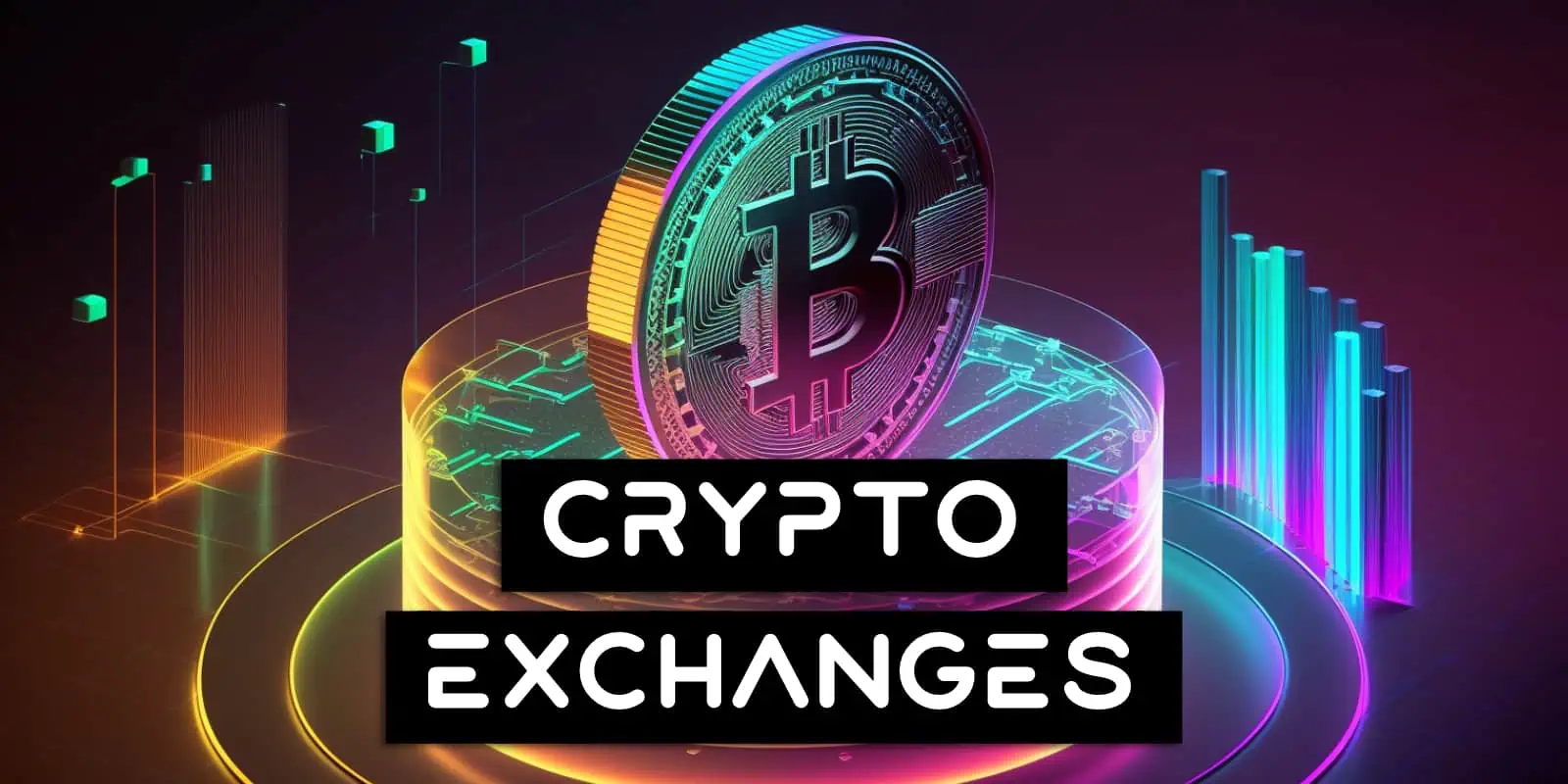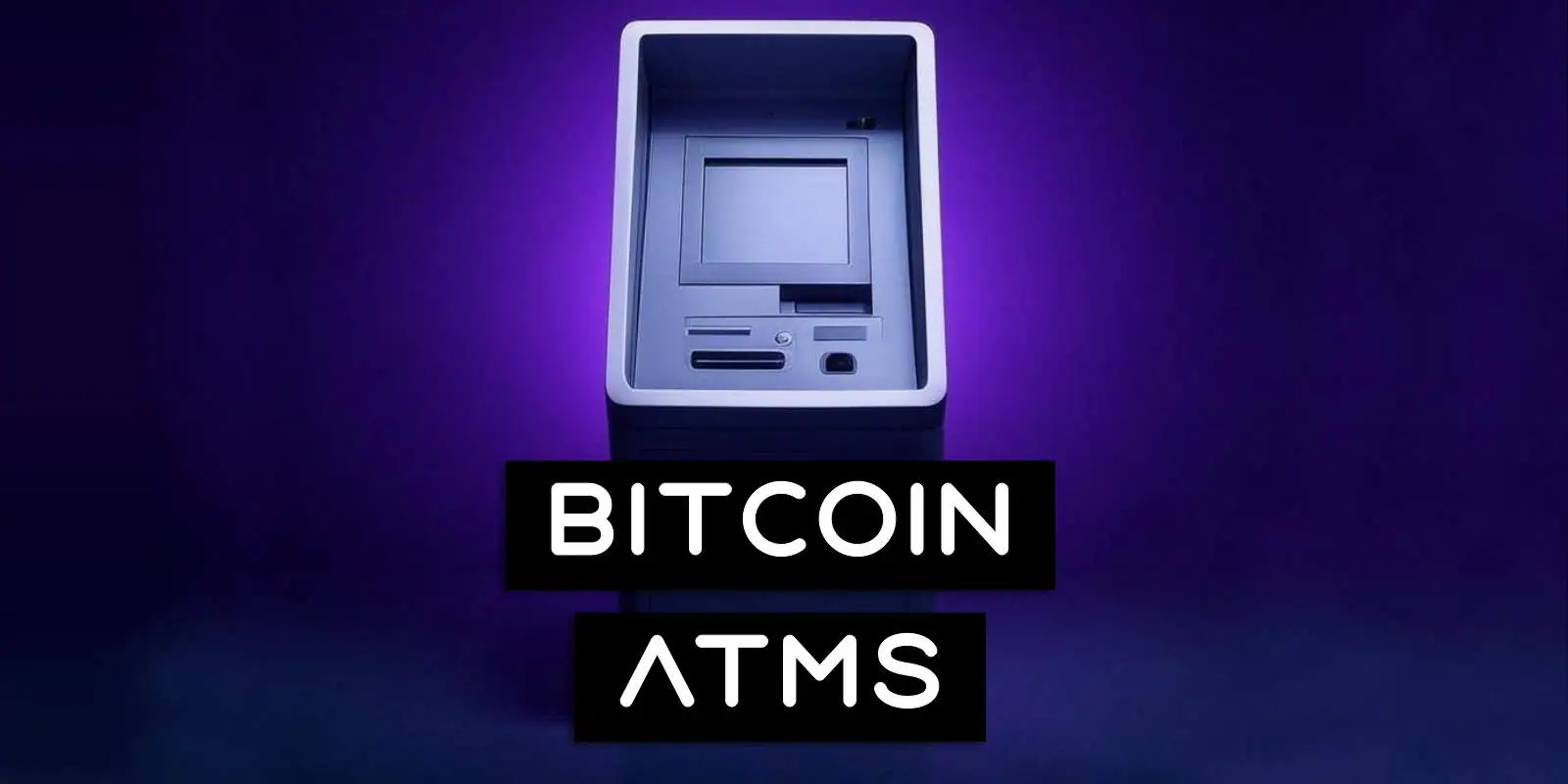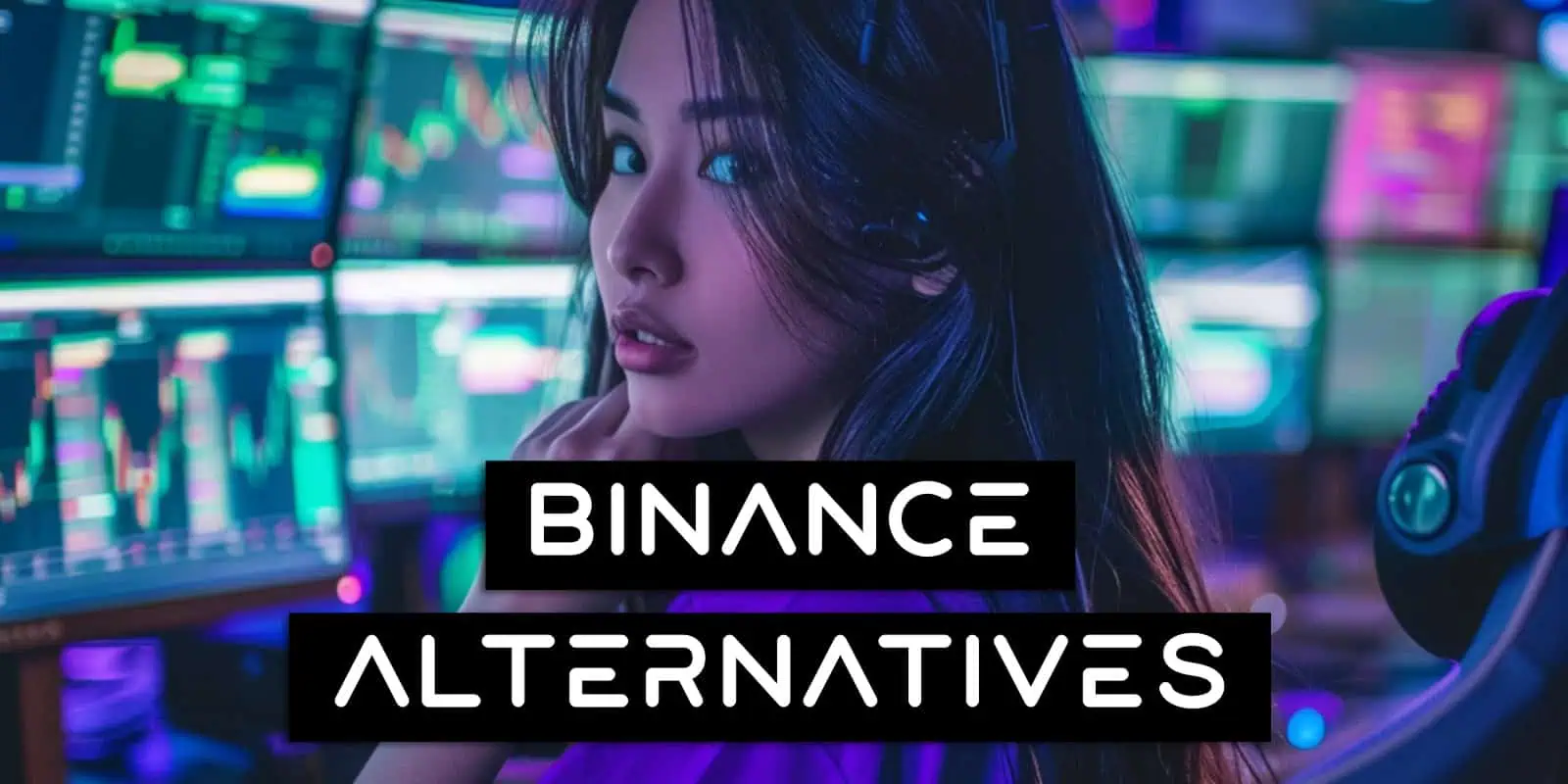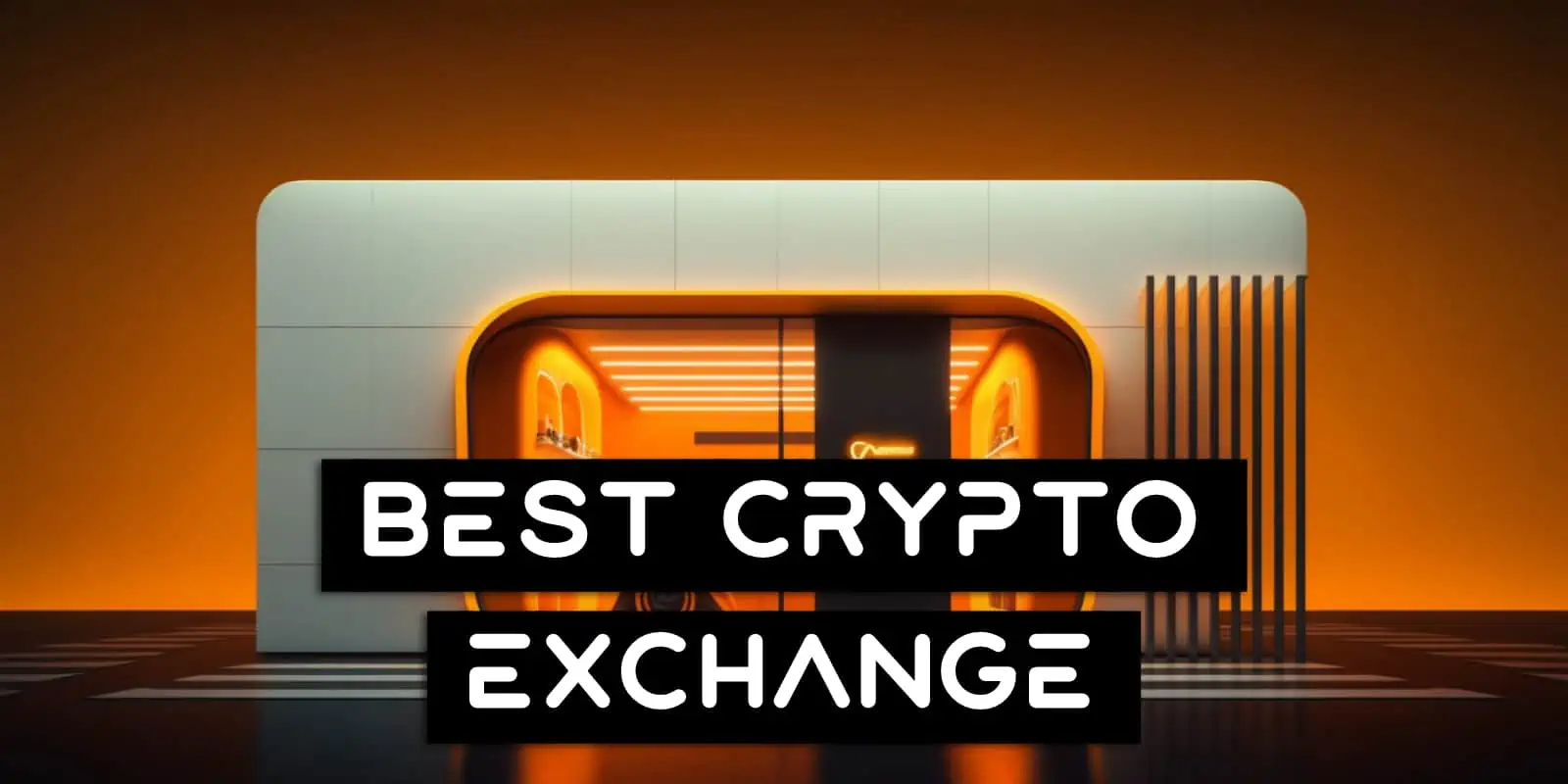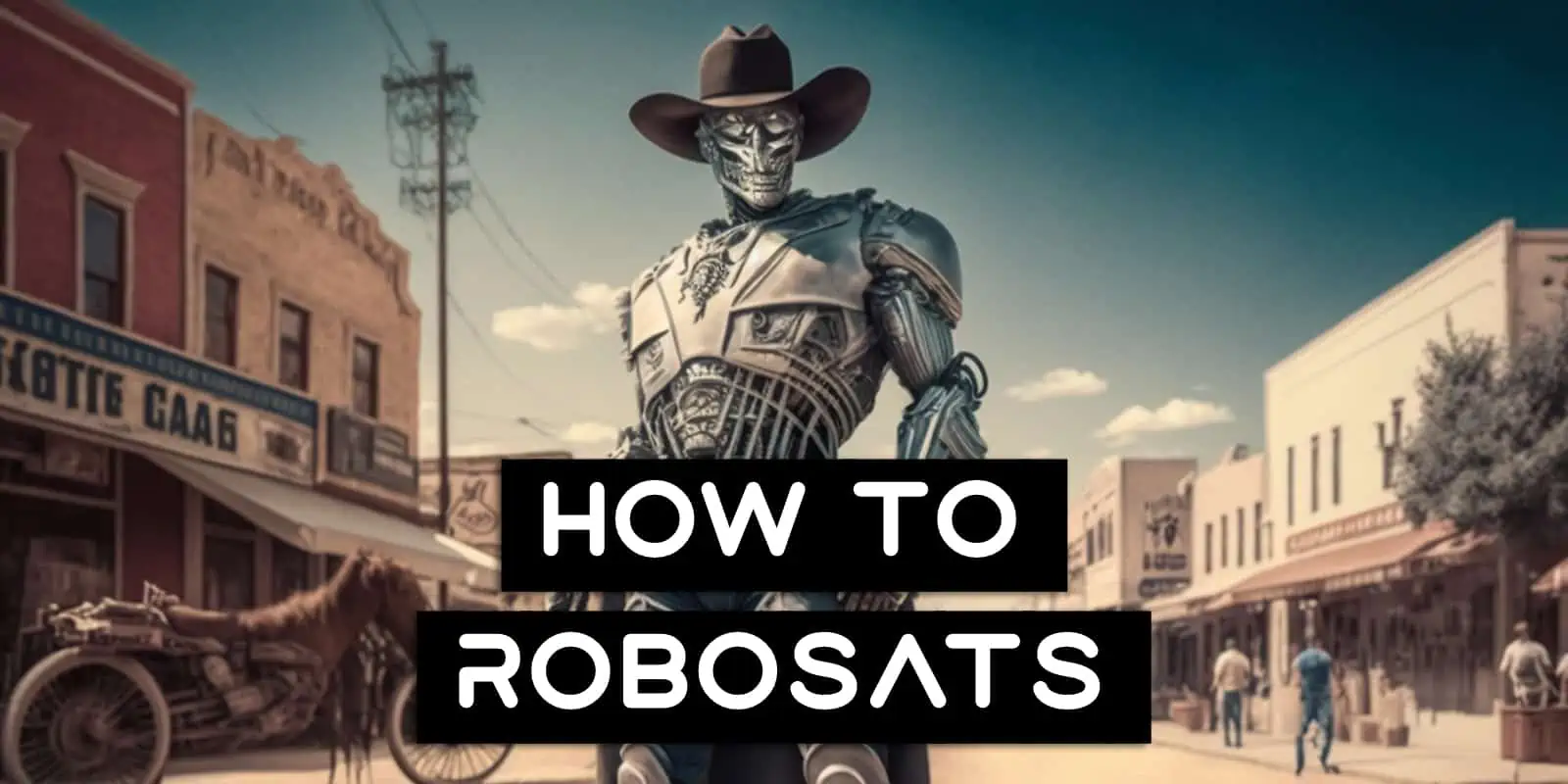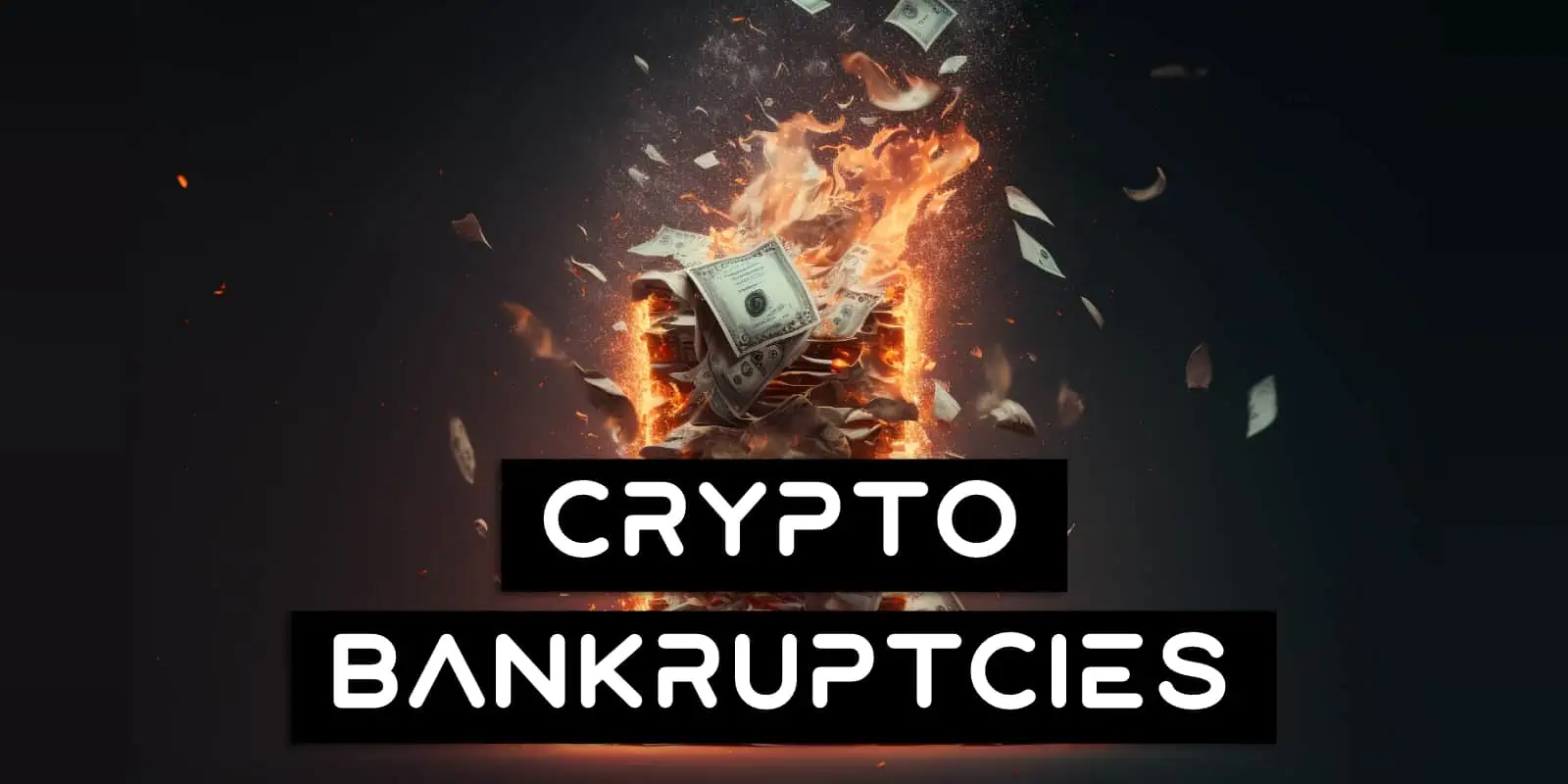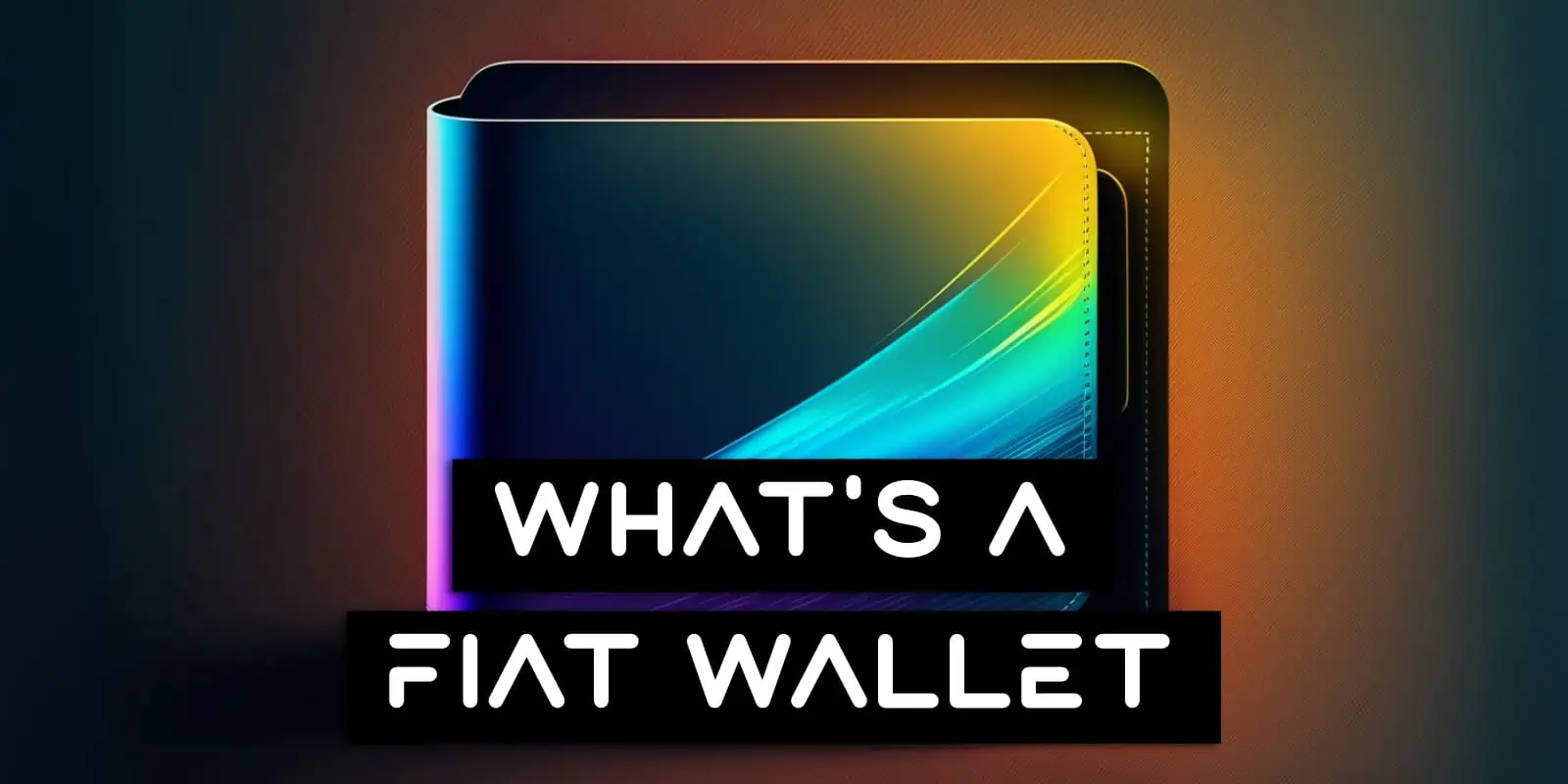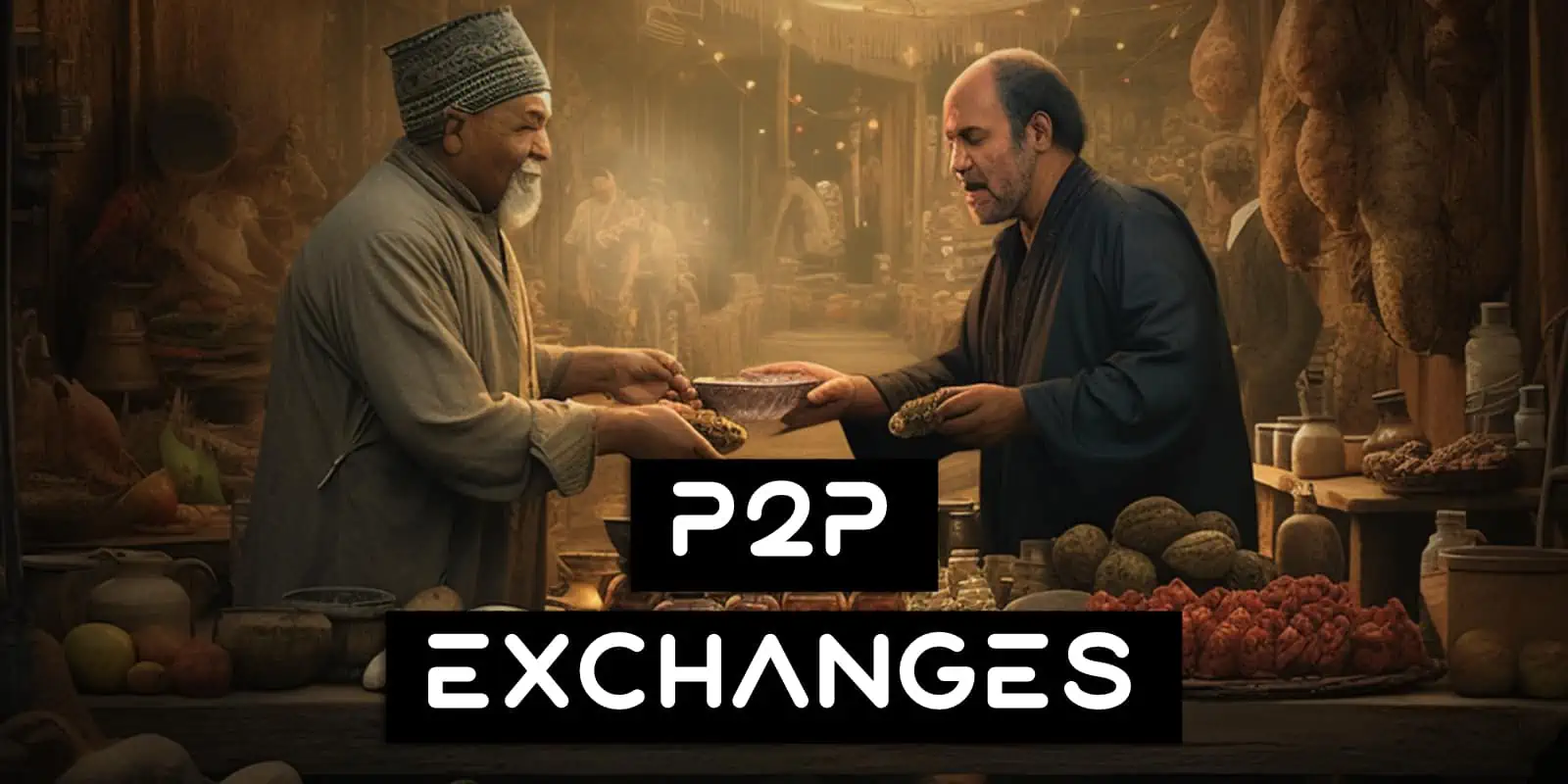CRYPTO EXCHANGES
Interested in buying crypto? We can help. By comparing top online crypto exchanges side-by-side with our expert guidance, you can find the smartest and most secure way to invest responsibly in your future.
Crypto Exchange Tools
Our Top Picks
15+ filters including country & payment method

Crypto Exchange Reviews

Hodl Hodl Review 2023: Pros, Cons and How It Compares

Peach Bitcoin Review 2023: Pros, Cons and How It Compares
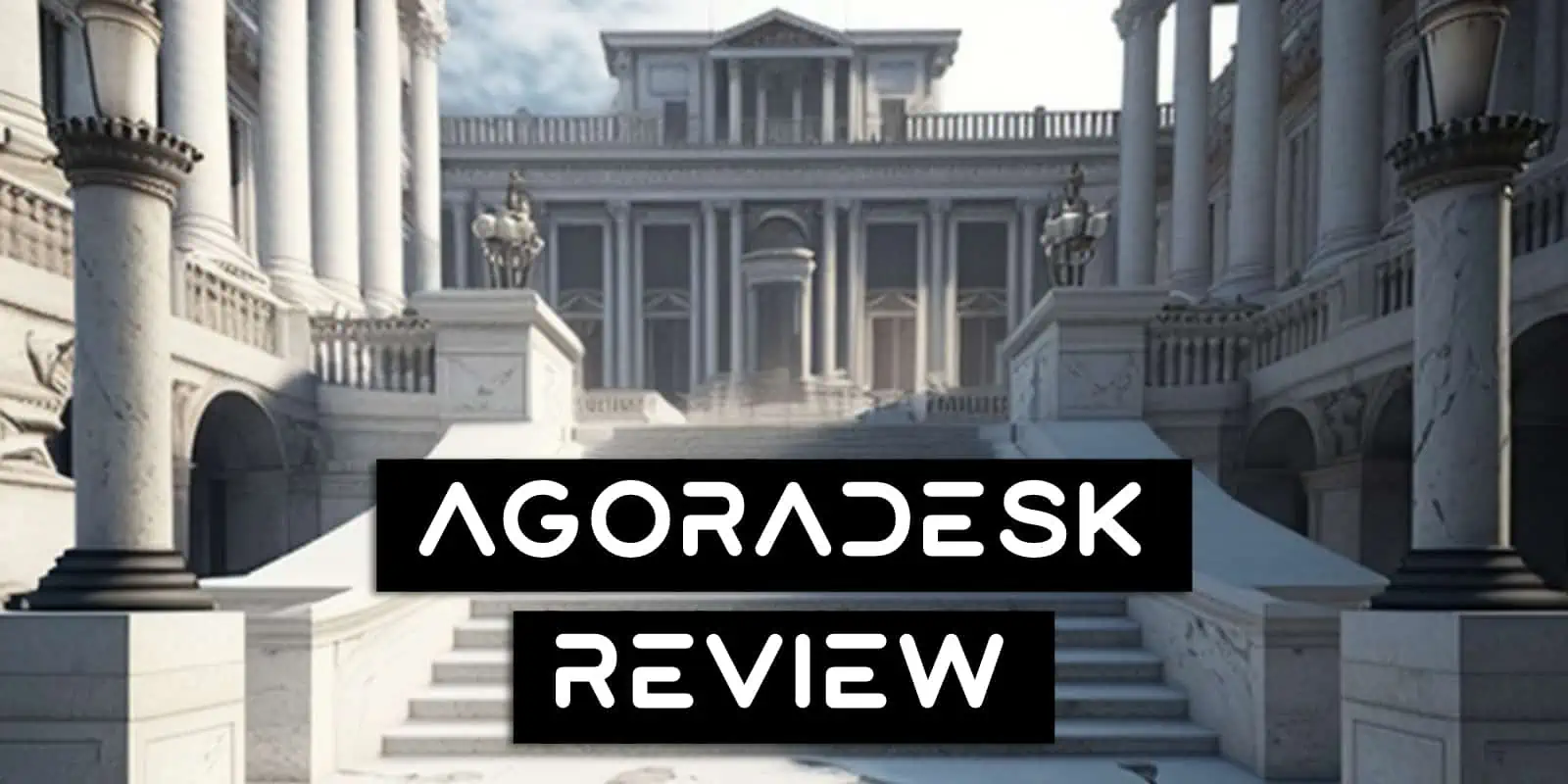
AgoraDesk Review 2023: Pros, Cons and How It Compares

Bisq Review 2023: Pros, Cons and How It Compares

RoboSats Review 2023: Pros, Cons and How It Compares
Why You Can Trust Us
Our comprehensive review process rigorously researches and tests all aspects of the products we review. If you buy through our links, we may get a commission, but opinions are always our own. Review our full Crypto Exchanges Rating Methodology.
Crypto Exchange FAQs
What Is KYC Verification In Crypto?
KYC (Know Your Customer) and AML (Anti Money Laundering) are regulations enforced by the Financial Industry Regulation Authority (FINRA). It requires crypto exchanges like Coinbase or Binance to “verify your identity” with an ID and selfie before they let you do anything like buy bitcoins.
What Is A Non-KYC Crypto Exchange?
A non-KYC exchange is a crypto exchanges that doesn’t require verification of your personal identity via documents like a government issued ID or a selfie. Non-KYC exchanges allow you to trade and perform any operation without any form of information required.
If an exchange requires any of the below information, it will be considered “KYC” by us and will no longer be recommended as your privacy and security are at risk: Name / Selfie / Mobile / Address / Passport / Government ID
Why Should You Use A Non-KYC Exchange?
You should only use non-KYC exchanges because it’s easier, faster, safer and more private. Once you give a KYC exchange your private information and get “verified”, they then link whatever bitcoin you buy to that identity. Forever.
Easier: You don’t have to create accounts or sign up to any provider / get spammed
Faster: You can start trading straight away without having to wait for “verification”
Safer: Your personal safety is never at risk because your identity is never known
Private: Your personal information is never at risk because it’s never known
Are Non-KYC Exchanges Safe?
Yes. In fact, they are safer than KYC exchanges because there is no risk of you losing your funds if they go bankrupt or shutdown. There is also no risk of your private and personal information being leaked as it’s never given in the first place.
When you perform a trade on non-KYC exchanges such as Bisq, there is also a security deposit that must be paid and locked up by both parties along with the bitcoins being sold before any funds are transferred. This ensures that it’s uneconomical for a scammer to steal your funds.

